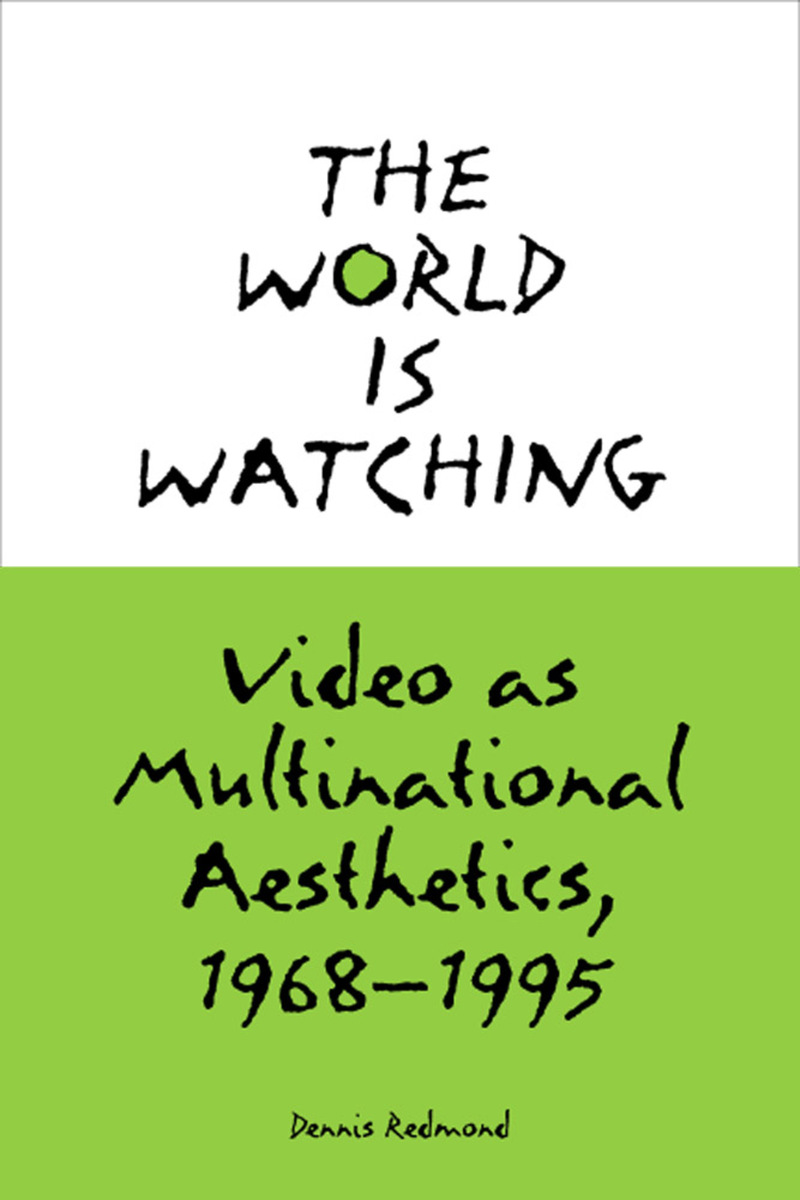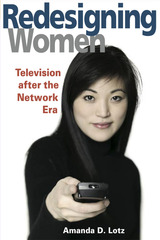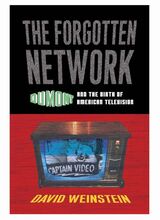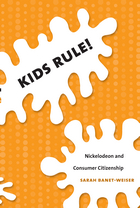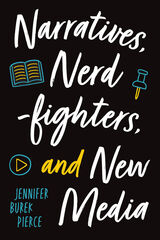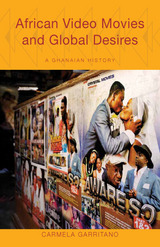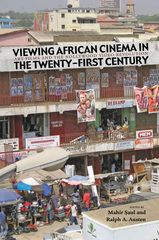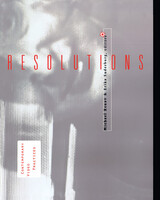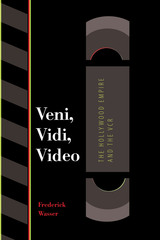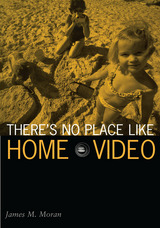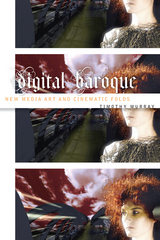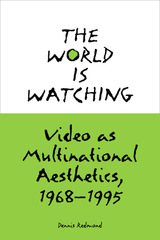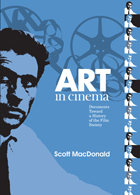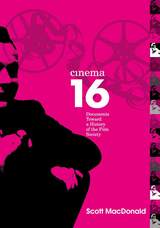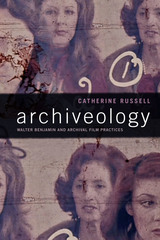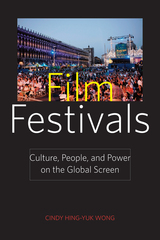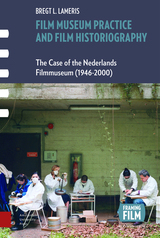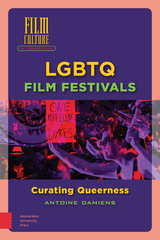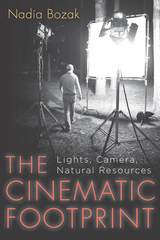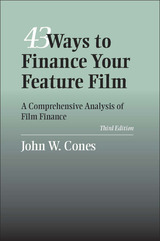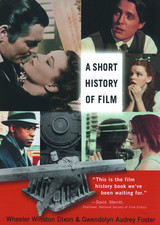Cloth: 978-0-8093-2535-1 | eISBN: 978-0-8093-8961-2
Library of Congress Classification PN1992.945.R43 2004
Dewey Decimal Classification 384.558
Evolving rapidly from the movie screen to the television screen to the computer screen, video culture has blossomed from its origins as an obscure spin-off of the 1960s Anglo-American media culture into one of the leading art forms of the late twentieth century. And as such, video culture has grown from being the dominion of small but dedicated cult followings to becoming a near mainstream cinematic interest. The World Is Watching: Video as Multinational Aesthetics, 1968–1995 explores the origins and implications of this powerful visual medium which crosses national, cultural, and political boundaries to present provocative tales of the highest quality. Dennis Redmond’s probing study is rooted in close readings of three stylish and highly successful video efforts—The Prisoner (1967), The Decalogue (1988), and Neon Genesis: Evangelion (1995).
Irish director and star Patrick McGoohan’s classic science fiction vision, The Prisoner, established many of the basic conventions of video for such elements as shot selection, set design, scripting, scoring, and editing techniques. In The Prisoner, a government agent has resigned his position only to be immediately abducted and confined to an isolated town. Thus imprisoned, the agent faces the sinister and surreal efforts of his captors to break him and learn the secret cause of his resignation. Saturated with Cold War allegory, this seventeen-part series was groundbreaking in its exploration of new types of global content, ranging from gender and ethnic identity to the politics of information. Part futuristic thriller, part James Bond parody, the cult series remains hugely popular among partisans of science fiction, and has had an indelible influence on its mainstream descendants.
Set in a Polish housing complex, each episode of The Decalogue examines one of the ten commandments. The provocative series synthesized elements of the Eastern European auteur film with the consumerism of its Western European counterparts, establishing the new genre of Eurovideo. Paying special attention to director Krzysztof Kieslowski's micropolitics of gender, as well as his innovations in scripting, lighting, and framing, Redmond locates The Decalogue within the broader context of Polish filmmaking and as a harbinger of the subsequent Velvet Revolutions of Eastern Europe. Now available on DVD for English-speaking audiences, The Decalogue remains a stunning specimen of video artistry.
Aided by transcripts that are far superior to the flawed English dubbing in some video versions, Redmond’s analysis of Hideaki Anno’s acclaimed television series Neon Genesis: Evangelion explores the increasingly popular narrative form of anime. This animated series is set in the post-apocalyptic future, where young pilots in robotic battle suits combat alien invaders. In discussing this twenty-six part epic undertaking, Redmond identifies the impact of the Godzilla narratives, videogame culture, the Japanese mecha, the Hong Kong action thriller and the American sci-fi blockbuster on the formation of a uniquely East Asian identity and aesthetic sensibility. Anime is proving itself to be exceedingly apt and able at crossing national borders and is now enjoying mass popularity among global audiences, thus making it an ideal subject for Redmond’s telling assessment of the impact of video culture worldwide.
See other books on: Social aspects | Video | Video recordings
See other titles from Southern Illinois University Press
